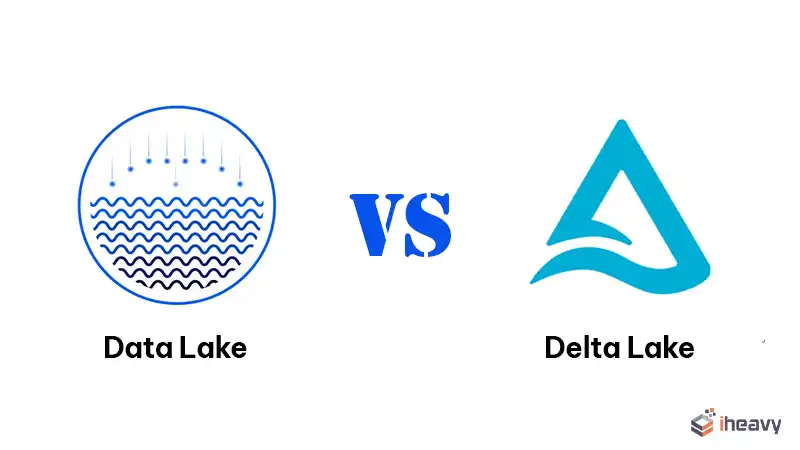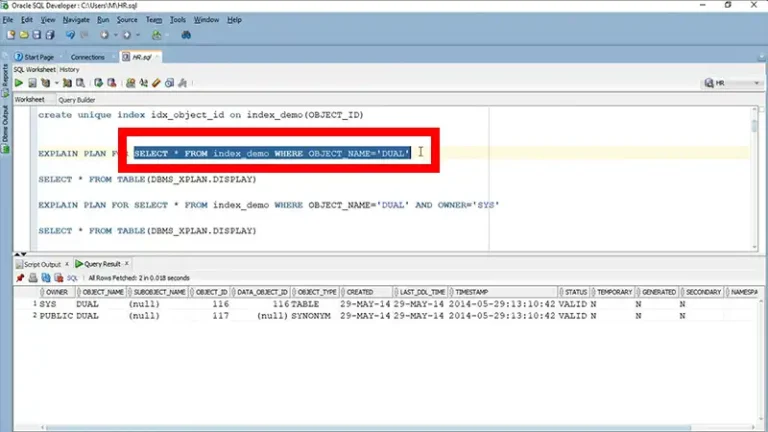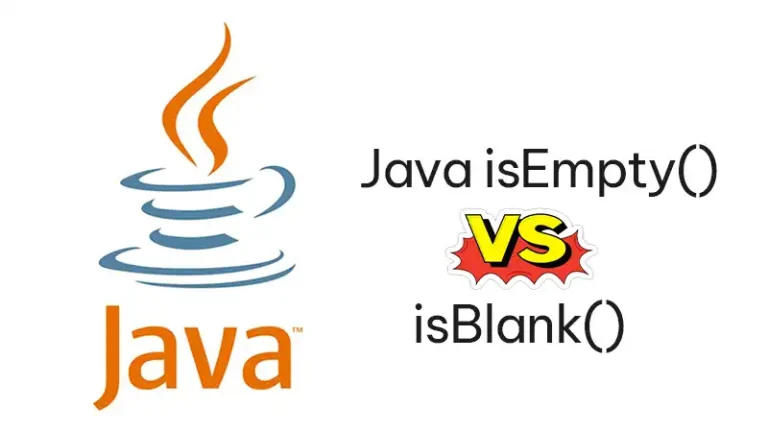Data Lake vs Delta Lake | A Comparative Analysis
Two popular data storage architectures that have emerged to address big data needs are Data Lake and Delta Lake. While they share some similarities, they are designed to meet different requirements and provide unique features.
This article delves into the distinctions between Data Lake and Delta Lake, highlighting their respective advantages and use cases.

What is Data Lake?
A Data Lake is a centralized repository that allows you to store all your structured and unstructured data at any scale. You can store your data as-is, without having to structure it first, and run different types of analytics—from dashboards and visualizations to big data processing, real-time analytics, and machine learning.
Key Characteristics of Data Lake
Scalability: Data Lakes are designed to handle vast amounts of data, making them ideal for large-scale data storage.
Flexibility: They support a wide variety of data formats, including structured, semi-structured, and unstructured data.
Cost-Effective: Data Lakes typically utilize low-cost storage solutions, making them an economical choice for storing large datasets.
Accessibility: They provide broad data accessibility, allowing various tools and applications to connect and process data directly from the lake.
Challenges with Data Lakes
Data Quality: Ensuring data quality and consistency can be challenging due to the unstructured nature of data stored.
Performance: Query performance can degrade as the data volume grows, especially without proper data organization and indexing.
Governance: Implementing effective data governance and security measures can be complex.
Delta Lake: An Enhanced Data Lake
Delta Lake is an open-source storage layer that brings reliability to Data Lakes. It combines the scalability and cost-efficiency of Data Lakes with the reliability and performance of traditional data warehouses.
Key Features of Delta Lake
ACID Transactions: Delta Lake provides ACID (Atomicity, Consistency, Isolation, Durability) transactions, ensuring data integrity and enabling reliable data processing.
Scalable Metadata Handling: It uses a distributed, scalable architecture for handling metadata, allowing for efficient querying and data management.
Unified Batch and Streaming: Delta Lake allows for the seamless integration of streaming and batch data processing, enabling real-time analytics and reporting.
Schema Enforcement and Evolution: It supports schema enforcement and evolution, allowing users to define and change schemas as needed without compromising data integrity.
Time Travel: Delta Lake supports time travel, enabling users to query historical data and recover from accidental data changes.
Use Cases for Delta Lake
Real-Time Analytics: Delta Lake’s ability to handle both batch and streaming data makes it ideal for real-time analytics and reporting.
Data Lakehouse: Combining elements of Data Lakes and data warehouses, Delta Lake can serve as a data lakehouse, offering the best of both worlds.
Machine Learning: Reliable data storage and management make Delta Lake suitable for machine learning workflows that require consistent and high-quality data.
What Is the Advantage of Delta Lake Over Data Lake?
The added advantages of Delta Lake are:
1. Improved Data Reliability: With ACID transactions, Delta Lake ensures data consistency and reliability, addressing one of the primary weaknesses of traditional Data Lakes.
2. Enhanced Performance: Efficient data layout and indexing improve query performance, making Delta Lake suitable for high-performance analytics.
3. Better Data Management: Features like schema enforcement and time travel enhance data governance and management capabilities.
Here’s a table that summarizes all the key differentiating aspects between Data Lake and Delta Lake.
| Feature | Data Lake | Delta Lake |
| Data Integrity | No ACID compliance | ACID transactions |
| Performance | Can degrade with volume | Optimized for high performance |
| Data Management | Basic | Advanced (schema enforcement, time travel) |
| Scalability | High | High |
| Cost | Generally lower | Slightly higher due to advanced features |
Does Delta Lake Replace Data Lake?
Both Data Lakes and Delta Lakes play critical roles in the data storage and analytics ecosystem. Data Lakes offer a flexible, scalable, and cost-effective solution for storing vast amounts of diverse data. However, they come with challenges related to data integrity, performance, and governance.
Delta Lake addresses these challenges by adding features like ACID transactions, schema enforcement, and time travel, making it a powerful enhancement to traditional Data Lakes.
Frequently Asked Questions
Is Delta Lake the same as Databricks?
Delta Lake is the standard format for all operations on Databricks. By default, all tables on Databricks are Delta tables unless specified otherwise. Databricks initially created the Delta Lake protocol and remains an active contributor to its open-source project.
What is the difference between Spark and Delta Lake?
Apache Spark is a distributed computing system designed mainly for data processing. In contrast, Delta Lake is a storage layer that enhances existing data lakes by adding features such as reliability, consistency, and versioning capabilities.
Does Delta Lake fit into the Databricks Lakehouse platform?
Databricks Delta Lake serves as the optimized storage layer within the Data Lakehouse Platform, serving as a foundational component for storing both data and tables. It operates as an open-source solution, enhancing the reliability of data lakes.
Conclusion
Choosing between Data Lake and Delta Lake depends on your specific needs. For environments where data reliability, performance, and management are paramount, Delta Lake provides significant advantages. Conversely, for scenarios focused primarily on cost-effective and scalable data storage, Data Lake makes more sense.






